The new UNE-EN ISO 9001 quality management standard was approved in 2015 after a lengthy review process. Thus, any standards based on this document have also had to be updated to adapt them to the new features of the reference standard, as well as to include any changes which are specific to their area of application.
All the certificates issued under the previous version will cease to be valid as from 14 September 2018.
This is precisely the case of the UNE-EN 9100 standard developed by the International Aviation Quality Group (IAQG), which lays down the bases for the certification of quality systems for aviation, space and defence organisations, the latest version of which has already been published: UNE-EN 9100:2016.
While the changes made in other reviews were minor and of little consequence as regards the previous version, this time significant changes have been made which entail a renewal of the management systems implemented at the sector’s companies.
Some noteworthy changes which have to be taken into account include the following:
- The organisation’s context: The new standard requires an analysis of the organisation’s context, its so-called stakeholders. This analysis should assess the importance of each of these stakeholders and be directly related to what is described in the following points.
- Risks and opportunities: Any companies wishing to be certified under the guidelines of the new UNE-EN 9100 version should have a methodology available to detect and manage the risks and opportunities the organisation will face. This means having a constantly updated action plan which proves the organisation is able to mitigate risks and take advantage of opportunities without destabilising established indicators.
- Communications plan: Another requirement involves introducing something new to management systems; namely having a communications plan within the organisation. This communications plan should be both external as well as internal. Though documenting it is not mandatory, it is advisable to do so for any organisations having a certain degree of complexity in their communications, since it should be known by all those involved in how it operates.
- The system’s targets: It is necessary to set and monitor a series of improvement targets to promote and prove continuous improvement. This is not new, since it was already done in previous versions. Now, however, said targets should be aligned with the outcome of the analysis on the organisation’s context, the risks and opportunities plan, as well as being consistent with the communications plan.
In my view, these are the changes which radically change and provide greater robustness to how management systems work. There are, however, many much more specific aspects – like the ones on product security and obsolescence or against the falsification of parts – which should also be taken into account when adapting the quality systems of the sector’s companies.
All the certificates issued under the previous version will cease to be valid as from 14 September 2018. Certified companies will therefore have until that date to pass an audit based on the new UNE-EN 9100:2016 standard. These will be conducted under the framework of a transition audit. Until then, both certifications will coexist.



